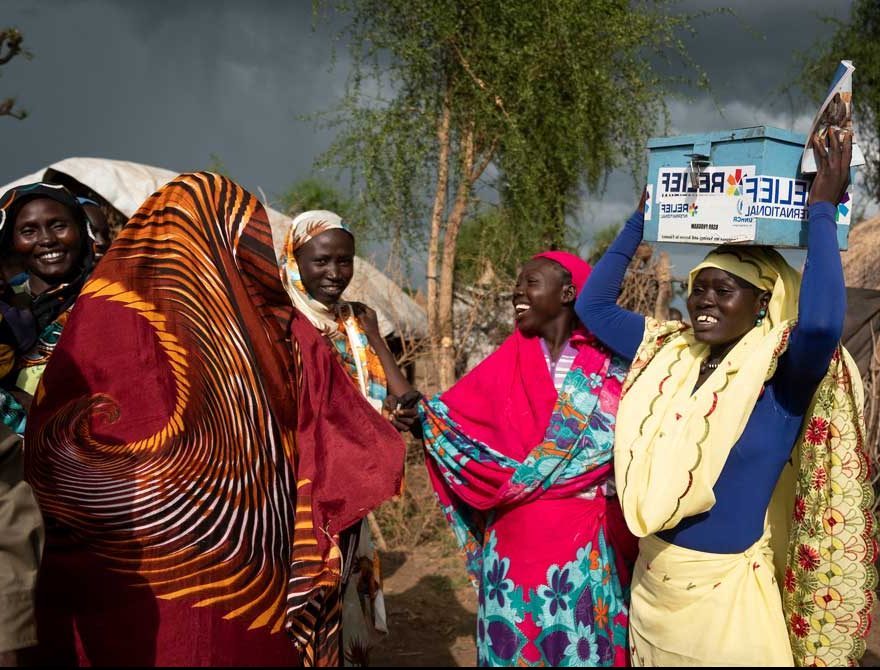Page not found
We're sorry about this.
Let’s get you back on track:
- Return to our homepage
- Read our latest stories
- Find pages using our search
- Donate and support our work

We're sorry about this.
Let’s get you back on track:
This site uses cookies to offer you a better browsing experience. Read our Cookie Notice to find out more on how we use cookies and how to change your settings.